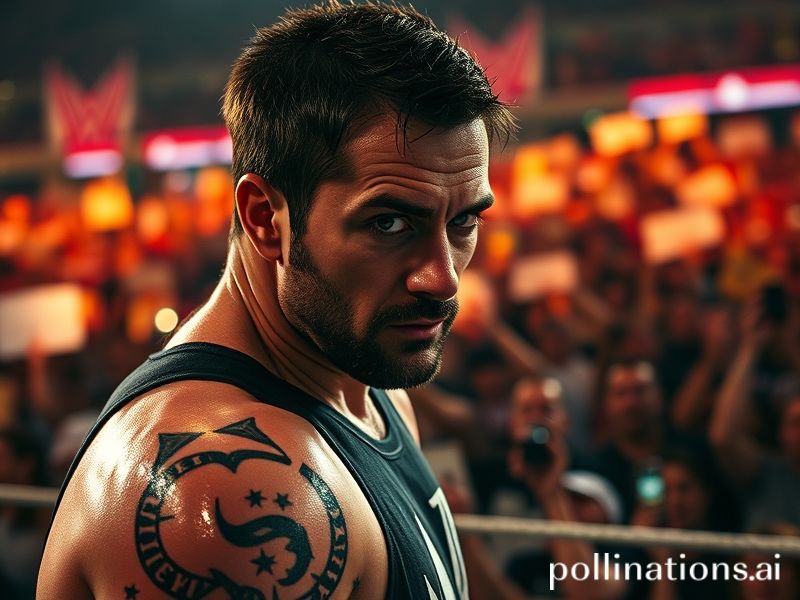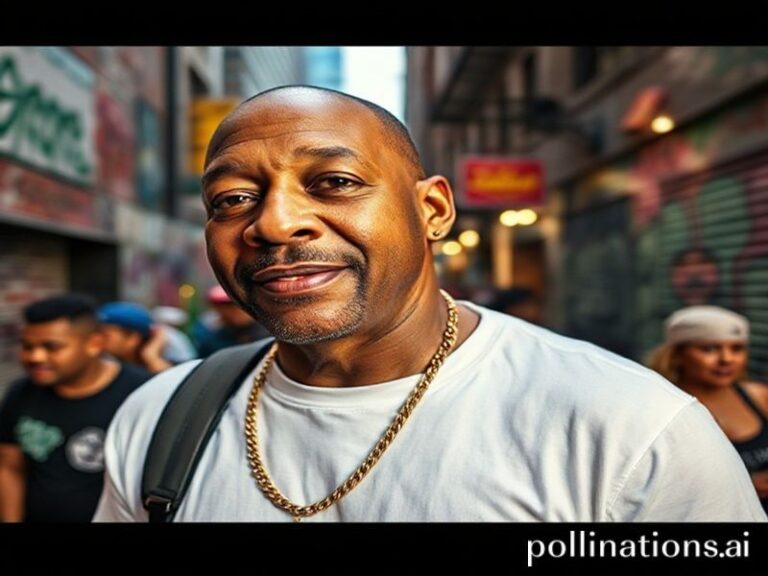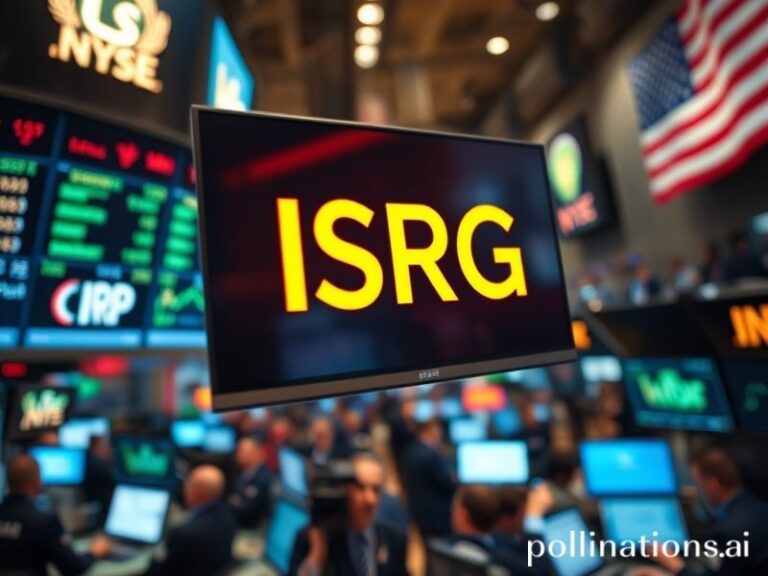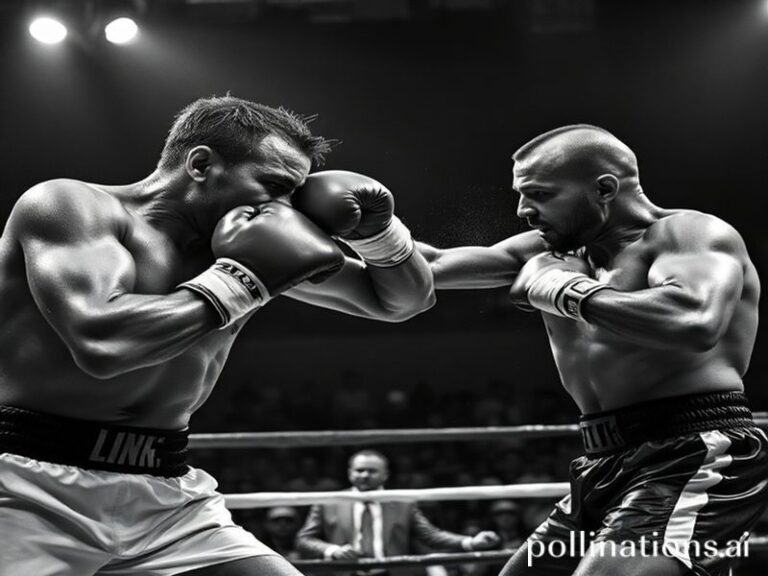CM Punk: The World’s Most Reluctant Cultural Ambassador Explains Why We’re All Marks
**The Punk Paradox: How a Chicago Loudmouth Became the World’s Most Reluctant Cultural Ambassador**
In the grand theater of global entertainment, where authenticity is manufactured in boardrooms and rebellion comes with a barcode, CM Punk stands as perhaps our most delicious contradiction—a man who made a career out of telling his audience they’re idiots for watching, while cashing their checks with the enthusiasm of a cryptocurrency exchange founder.
From Lagos to London, Tokyo to Tijuana, the phenomenon of Phillip Brooks reveals something peculiar about our species: we love nothing more than someone who hates what we love, as long as they hate it entertainingly enough. The straight-edge kid from Chicago’s back alleys somehow became an international Rorschach test, with fans from Manchester to Mumbai projecting their own disillusionment onto his tattooed canvas of disdain.
The global implications are staggering. In an era where nations teeter on the brink of actual conflict, we’re simultaneously united in our appreciation for a man whose primary export is righteous indignation. Russian wrestling fans, despite their government’s best efforts to paint the West as degenerate, can’t get enough of this American anti-hero. Chinese audiences, despite their government’s careful curation of foreign influences, have turned his pipe bomb promos into viral memes that circumvent the Great Firewall with the efficiency of a multinational corporation’s tax avoidance scheme.
What does it say about our interconnected world that a man famous for a seven-minute rant about wrestling’s creative bankruptcy now commands attention from four continents? Perhaps that in an age of curated authenticity, genuine anger—however performative—feels like bottled water in the desert of modern discourse.
The irony reaches stratospheric levels when considering Punk’s current incarnation. Here’s a man who built his legend on anti-establishment credentials, now working for the very corporate machine he once eviscerated. It’s a plot twist that would make Joseph Heller weep with appreciation: to remain authentic, one must become inauthentic; to stay true to anti-corporate principles, one must sign corporate contracts. Somewhere in a Geneva conference room, a management consultant is presenting this paradox to baffled executives as “post-modern brand synergy.”
His influence extends beyond mere entertainment. From Berlin’s squatter punk scene to Tokyo’s salaryman rebellion, the CM Punk archetype—the articulate malcontent who weaponizes intelligence against the system—has become a template for modern dissent. Climate activists in Glasgow borrow his rhetorical flourishes. Anti-corruption protesters in São Paulo appropriate his “voice of the voiceless” persona. He’s become the Che Guevara of controlled opposition, his face adorning t-shirts worn by people who’ve never seen a wrestling match but understand the universal language of telling power to shove it.
The broader significance lies not in Punk himself, but in what his global appeal reveals about our collective psyche. We’ve created a world so absurd that our most authentic voices must operate within artificial constructs. Real rebellion comes with commercial breaks. Actual revolution will be sponsored by an energy drink company. The joke, as Punk might say, is on us—we’ve built a civilization where the only way to critique the machine is from within its gears, lubricated by its oil.
As nations grapple with actual crises—climate change, wealth inequality, technological disruption—we find solace in watching a man whose greatest skill is articulating our shared disappointment with remarkable eloquence. In that sense, CM Punk isn’t just a wrestler or a fighter or a entertainer. He’s the world’s most overpaid therapist, helping us process our collective cognitive dissonance one worked shoot at a time.
The beauty, of course, is that he’d hate this analysis. Which makes it absolutely perfect.







